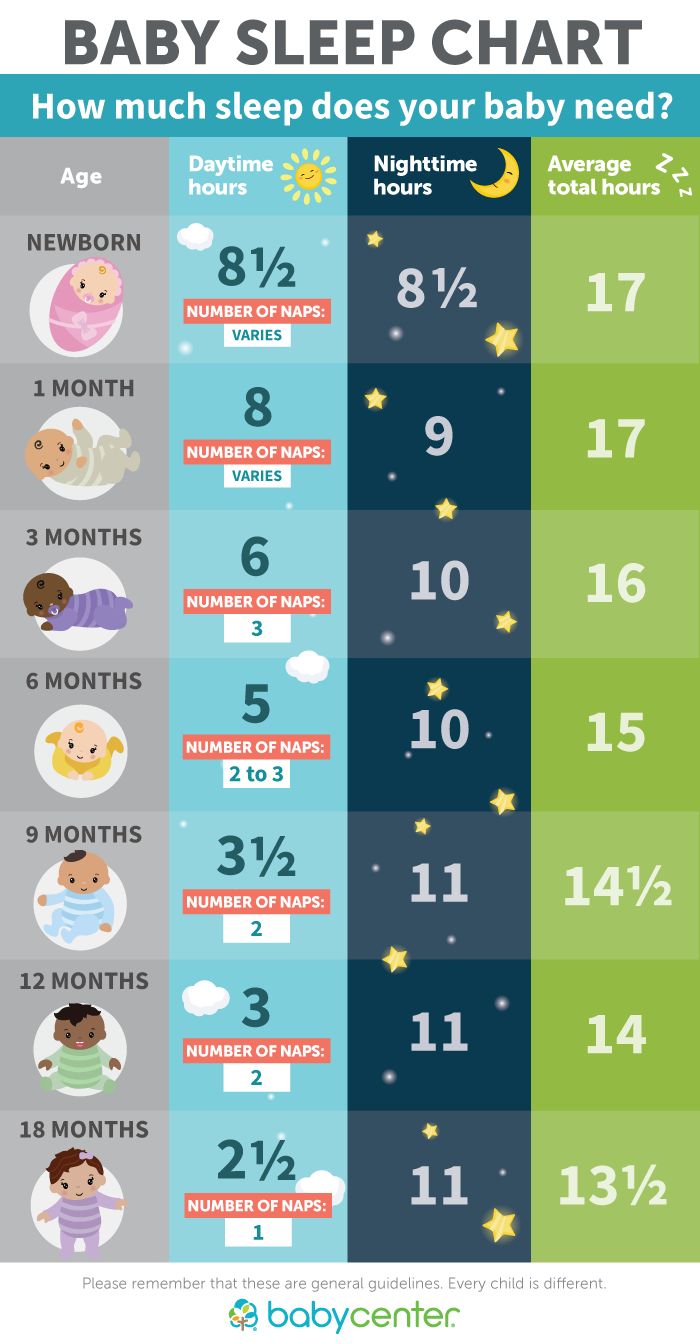[foxdark]
[Can A 2-month-old Baby Sleep For 8 Hours?]

[Executive Summary]

New parents often dream of their baby sleeping through the night, and it’s natural to wonder if a 2-month-old can achieve this magical feat. While every baby is unique, the answer is a resounding “maybe.” This article explores the complexities of infant sleep, focusing on the factors influencing a 2-month-old’s sleep patterns and the realistic expectations parents should have. We’ll delve into the basics of infant sleep, discuss developmental milestones, and provide tips for promoting healthy sleep habits.

[Introduction]
The arrival of a newborn brings immense joy, but also a steep learning curve. One of the biggest challenges is navigating the world of infant sleep. While a 2-month-old baby might seem like a seasoned sleeper compared to a newborn, they are still in the early stages of developing consistent sleep patterns. Sleep needs and patterns vary significantly, and what might be considered “normal” for one baby could be entirely different for another.
[FAQs]
1. Is it normal for a 2-month-old to wake up multiple times during the night?
Yes, it’s entirely normal for a 2-month-old to wake up a few times during the night. At this age, babies are still developing their sleep cycles and may need feeding or comforting.
2. Is it possible for a 2-month-old to sleep for 8 hours straight?
While some babies may sleep for 8 hours straight at 2 months old, it’s not the norm. Most babies at this age need several feedings throughout the night.
3. When should I be concerned about my 2-month-old’s sleep patterns?
If your baby is consistently waking up more than usual, experiencing excessive fussiness, or showing signs of trouble sleeping, it’s always best to consult with your pediatrician.
[Sleep Development at 2 Months]
At 2 months, babies are still developing their circadian rhythm, the internal clock that regulates sleep-wake cycles. This means that their sleep patterns are still quite fluid and inconsistent.
- Sleep Cycles: Two-month-olds typically have 4-5 sleep cycles per day, each consisting of a light sleep phase followed by a deeper sleep phase.
- Nap Lengths: Babies at this age may take 3-4 naps throughout the day, each lasting 30-60 minutes.
- Total Sleep: A typical 2-month-old needs about 14-17 hours of sleep per day, including both naps and nighttime sleep.
- Growth Spurts: During periods of rapid growth, babies may sleep more than usual to conserve energy.
[Factors Affecting Sleep]
Several factors can impact a 2-month-old’s sleep patterns, including:
- Feeding: Babies need frequent feedings, especially during the first few months of life. Feeding schedules and the baby’s hunger cues can significantly influence sleep duration.
- Swaddling: Swaddling can provide a sense of security and comfort, promoting longer stretches of sleep.
- Room Temperature: A comfortable room temperature (around 68-72 degrees Fahrenheit) is essential for restful sleep.
- Noise Level: Babies can be sensitive to noise, so creating a calm and quiet sleep environment is important.
[Promoting Healthy Sleep Habits]
While it’s impossible to force a baby to sleep through the night, there are steps parents can take to encourage healthy sleep habits.
- Consistent Bedtime Routine: Establish a predictable bedtime routine that signals to the baby it’s time to wind down. This could include bath time, massage, quiet playtime, and reading a book.
- Safe Sleep Environment: Make sure the baby’s sleep environment is safe, with a firm mattress, no loose bedding, and a cool, quiet room.
- Responding to Cues: Pay attention to your baby’s sleep cues, such as rubbing their eyes or yawning. Responding promptly to these signals can help prevent overtiredness and make it easier for the baby to fall asleep.
- Daytime Wakefulness: Encourage your baby to be awake and active during the day. This will help them become tired in the evening and make it easier to settle down for sleep.
[Conclusion]
While a 2-month-old baby sleeping for 8 hours straight might be a dream, it’s important to remember that each baby is unique and develops at their own pace. Focus on creating a safe, comforting, and consistent sleep environment, and consult with your pediatrician if you have concerns about your baby’s sleep patterns. Patience and understanding are key as you navigate this new phase of parenthood.
[Keyword Tags]
- 2-month-old sleep
- infant sleep patterns
- baby sleep tips
- promoting healthy sleep habits
- sleep development milestones